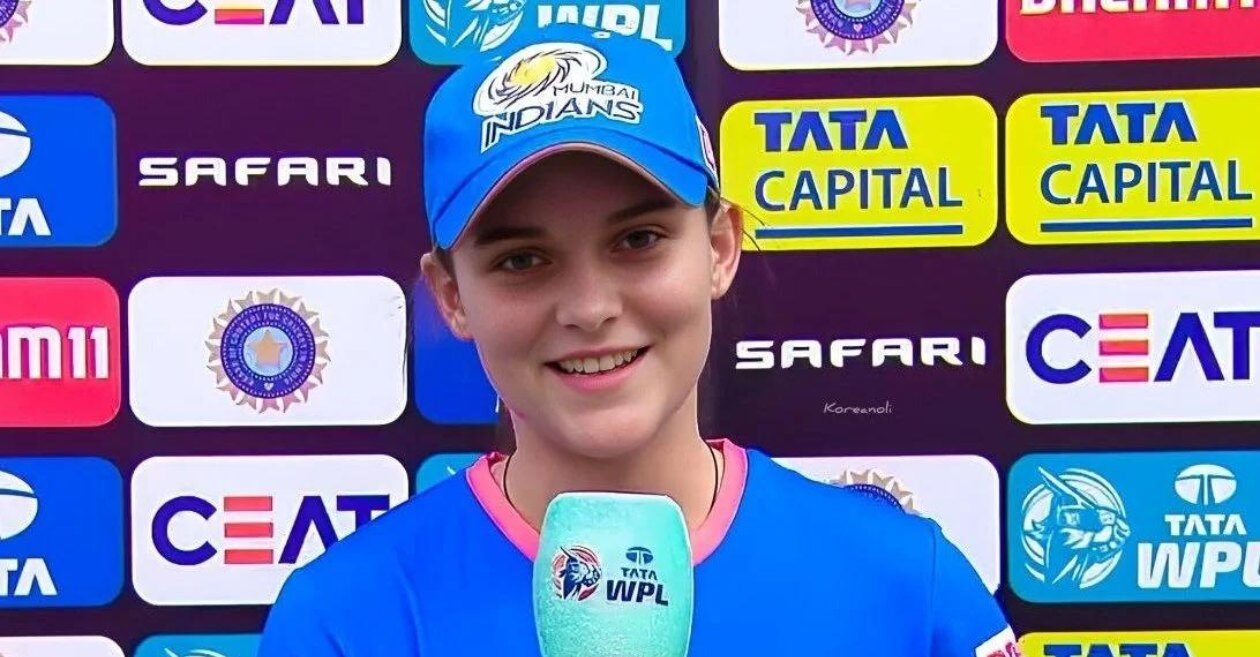Amelia Kerr, known for her remarkable performance of scoring a double-century and taking a fifer in a single game when she was just 17, is still recognized as an on-field champion who can turn a game around with her batting and bowling skills. However, she has been championing a more significant cause off the field.
After suffering from a broken ring finger in May 2021, Amelia finally acknowledged her pressing mental health issues and took a seven-month break from the game to seek medical help and support from her family. The New Zealand cricketer recently in an interview with mumbaiindians.com didn’t shy away from talking about the same and revealed her struggle.
“I would have been a mental health educator had I not been a cricketer. For me, mental health is something I am extremely passionate about, having had family, friends and myself struggle with mental illness. Sometimes you forget they are human beings and you have got to put the person first. We are all humans at the end of the day,” said Amelia.
She further thanked Sophie Devine for her constant support and said: “My family and Sophie Devine have been amazing throughout my career. I wouldn’t be where I am without my family in cricket and in life. They are the most incredible people, all my role models in life. The support they’ve shown me in my career and in my life, I’d never be able to repay them.”
This brave step towards addressing mental health challenges is what sets players like Devine, Sarah Taylor, Ben Stokes, Glenn Maxwell and Jonathan Trott apart from their peers. Their legacies are not just about their on-field performances but also about the battles they fought, the lives they changed, and the taboos they normalized by speaking openly about their mental health struggles.
Today, Amelia is not only known for her on-field prowess but also for her passionate work towards making the sport more accessible and simpler for young girls.
